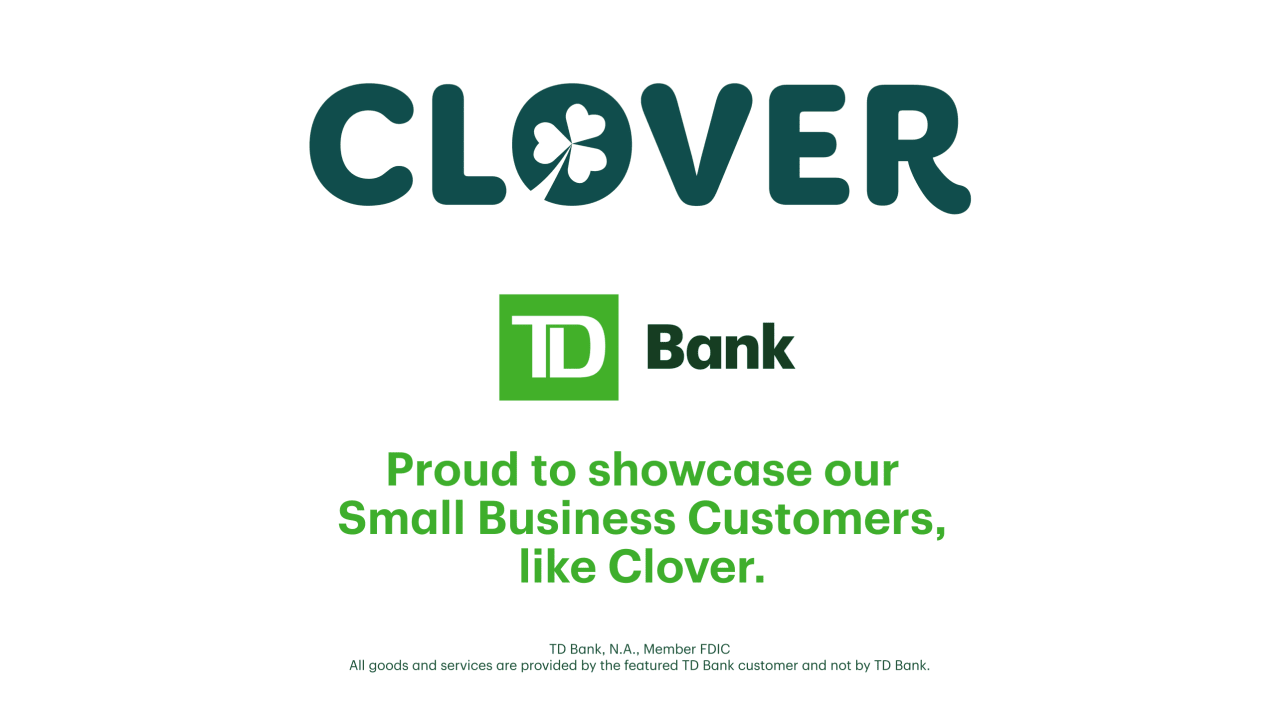Baidu’s BIDU autonomous driving unit Apollo Go stands at an inflexion point that could reshape the company’s revenue trajectory beyond its traditional search and cloud businesses. The robotaxi service delivered over 2.2 million fully driverless rides in the second quarter of 2025, representing 148% year-over-year growth and signalling robust operational momentum as the platform scales globally.
Strategic partnerships with Uber and Lyft mark a pivotal shift in Baidu’s international expansion strategy. These collaborations will deploy thousands of Apollo Go vehicles across Asia, the Middle East and Europe, leveraging established mobility platforms to accelerate market entry while maintaining an asset-light model. The approach addresses previous concerns about capital intensity in autonomous vehicle deployment and creates pathways to higher-margin international markets where ride fares substantially exceed those in China.
The unit economics story strengthens the investment thesis considerably. Apollo Go achieved unit-level profitability in Wuhan, where taxi fares run approximately 30% below tier-one Chinese cities and significantly under international market rates. This operational efficiency, combined with RT6, the world’s first purpose-built Level 4 autonomous vehicle with the lowest-in-class unit costs, positions Baidu to capture substantial value in premium fare markets overseas. The Hong Kong expansion into complex right-hand drive environments demonstrates technical capabilities that few competitors have achieved at commercial scale.
As Baidu diversifies its revenue base, Apollo Go’s contribution could become increasingly meaningful. The Zacks Consensus Estimate for the third quarter of 2025 revenues is pegged at $4.34 billion, reflecting a 9.33% year-over-year decline as the company transitions toward a more balanced mix beyond online marketing. However, Apollo Go’s expanding international operations and improving unit economics are expected to offset this temporary softness over time. With proven technology, operational efficiency, and growing global reach, Apollo Go remains well-positioned to power Baidu’s next phase of long-term growth.
Baidu faces intensifying competition in autonomous driving from Tesla TSLA and Alphabet’s GOOGL Waymo, both of which are scaling similar driverless mobility initiatives. Tesla continues expanding its Full Self Driving technology through over-the-air updates, enhancing its capability for wider commercial deployment across global markets. Alphabet’s Waymo, meanwhile, is ramping operations in the United States with growing ride-hailing coverage and stronger fleet utilization metrics. While Baidu’s Apollo Go focuses on mass market robotaxi commercialisation, Tesla and Alphabet’s Waymo are reinforcing their positions in premium autonomous transport, underscoring the race for global leadership in self-driving innovation.







